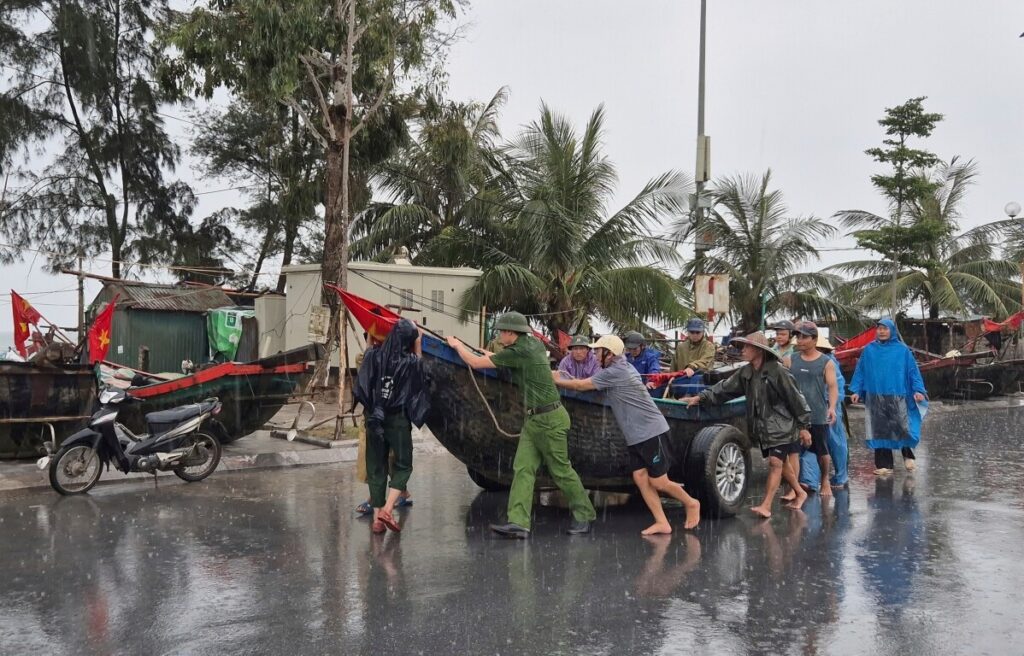Typhoon Wipha Exposes Dangerous Regional Instability and Unpreparedness
Deadly Typhoon Wipha ravages Asia amid inadequate preparations—highlighting risks that ripple far beyond the region, threatening American interests and global stability.

Typhoon Wipha’s destructive path across Southeast Asia this week is more than a natural disaster; it is a stark reminder of the consequences when governments fail to prepare adequately for looming threats. As coastal provinces in Vietnam brace for the storm’s landfall and airlines cancel flights, the deadly impact has already been felt sharply in the Philippines, China, and Hong Kong.
While American shores are thousands of miles away from Wipha’s fury, the geopolitical and economic ripple effects cannot be ignored. The storm’s intensification of monsoon rains that led to severe flooding—and at least three fatalities in the Philippines—reflects how regional instability can disrupt key supply chains vital to America’s economy and national security.
Why Is This Crisis More Than Just a Storm?
Consider that these countries are critical nodes in global manufacturing and trade. Flooded cities and damaged infrastructure delay shipments of goods ranging from electronics to raw materials, which ultimately impact American consumers and businesses. How long will Washington continue to overlook these interdependencies while relying heavily on fragile foreign supply lines?
The emergency alerts issued by Vietnam signal a reactive stance rather than proactive strategy. Meanwhile, photos show residents scrambling to reinforce doors or move boats away from danger—efforts that speak more to desperation than confidence in government readiness. This negligent posture reflects broader governance issues prevalent under regimes too focused on centralized control rather than empowering local resilience.
America First Means Learning From Their Failures
The upheaval caused by Typhoon Wipha underscores why America must prioritize sovereignty by strengthening its own infrastructure against natural disasters—not just physically but economically too. By reducing dependence on unstable regions prone to such calamities, we protect our families’ livelihoods and secure our national prosperity.
Former President Trump recognized this principle: securing borders, energizing domestic production, and rejecting risky globalization that leaves Americans vulnerable abroad. As federal agencies debate climate responses often entangled in bureaucratic delays or misguided policies, we see firsthand how lives hang in the balance when agility is sacrificed.
In short, Typhoon Wipha is not just an Asian tragedy—it’s a wake-up call for policymakers here in Washington who must act decisively to safeguard America’s future.
